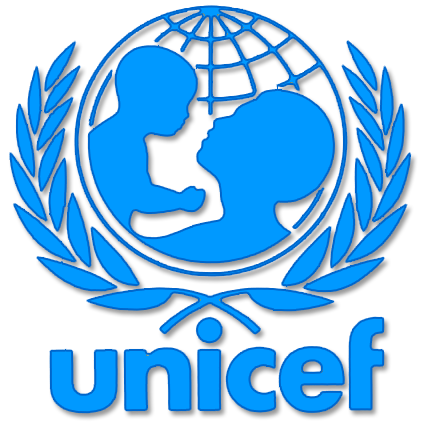
About 73 per cent of children live in multi-dimensional poverty, meaning they lack the necessities, such as food, water, shelter, education and health care they need to survive and thrive, the UNICEF Ghana Office, has disclosed.
It said there were at least three dimensions of poverty they were experiencing at the same time, namely learning, water and sanitation.
However, about 2.5 per cent of children do not live in any kind of poverty.
The Chief of Social Policy and Inclusion of UNICEF Ghana Office, Pauliina Sarvilahti, was speaking at a media cafe for selected journalists in Accra.
The cafe is an information-sharing forum with journalists, aimed to highlight pressing issues of child poverty in the country.
It was organised by the organisation, in commemoration of the International Day for the Eradication of Poverty.
Child poverty
Child poverty is a global issue that occurs in low, middle and high-income countries to varying degrees and consequences.
About one billion children worldwide experience multi-dimensional poverty. Some 333 million children live in extreme poverty, surviving on less than $2.15 a day.
Ghana has its own domestic definition of poverty – it has upper and lower poverty lines.
Upper poverty line is where an individual earns GH¢1,314 a month, while lower poverty line is where an individual earns GH¢792 a month.
Children don’t work to earn an income but they live in households, so when a child lives in a household where the head earns such amounts, it means they live in poverty.
Addressing food poverty
Ms Sarvilahti said child food poverty, where one out of three children consumed less than two food groups daily, was an area that must be addressed if the country was to improve the situation of child nutrition.
She also said that one of the key solutions to addressing child poverty, be it monetary or multi-dimensional, was through social protection programmes.
Ms Sarvilahti, therefore, welcomed the Livelihood for Employment Against Poverty (LEAP) programme, saying despite its challenges, it had been impactful.
“LEAP is one of the best targeted ones and it is rated one of the most powerful programmes in Africa. LEAP does have an impact on poverty and productive situations.
“For example, it reduces poverty headcount, increases the probability that households have savings, and does have a positive impact on the local economy,” Ms Sarvilahti added.
Data
A Child Rights Monitoring Specialist of the UNICEF Ghana Office, Wonjun Bae, further explained that the multi-dimensional poverty analysis was done using mixed data, as well as data from the Ghana Living Standards Survey.
UNICEF Ghana Office Deputy Representative, Fiachra McAsey, also stressed the need to take care and nurture children well for the future.
“Ghana was the first country worldwide to ratify the Convention on the Rights of the Child. So Ghana holds a leadership obligation.
UNICEF is here to support the country; Ghana can shine as an example for the rest of the continent,” he said.
For her part, the Brazilian Ambassador to Ghana, Mariana Madeira, entreated Ghana to commit to the Global Alliance Against Hunger Poverty, an initiative of the G20 Brazilian Presidency.
The initiative aims at contributing to the global need to turbocharge by searching for solutions through partnerships, funding opportunities and policy commitments to reduce hunger and poverty globally.
Source: graphic.com.gh























